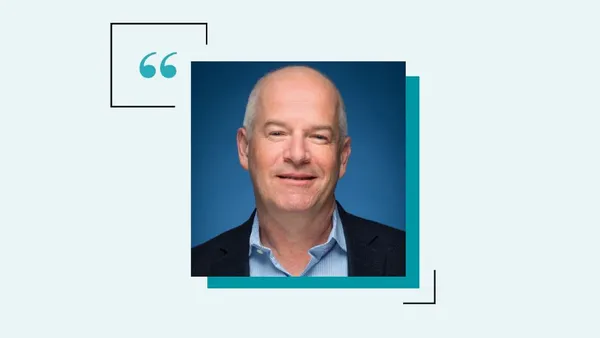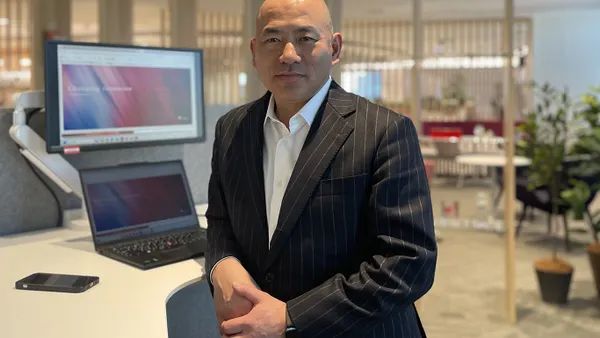Leadership, as we know, comes in all shapes and sizes. Furthermore, CFOs who acquire a collection of skills, experiences, and scenarios organically evolve into the primary drivers of company growth, through good times and bad. The pandemic experience accelerated this process, but the process was already underway.
We cover extensively the variety of backgrounds and experiences of finance chiefs in our 6 a.m. series, among other places, where we’ve uncovered CFOs who are athletes, world travelers, and even a former journalist (hey oh!). There are plenty of ways you can slice effective leadership into subcategories: entrepreneurs, turnaround experts, problem solvers, evangelists.
Do you actively think about which version you most align yourself with?
But what our recent profile of Health Recovery Solutions’ Jason Comer tells me is, the greater the plethora of experiences and skills in the CFO’s toolbox, the higher the propensity for being able to adapt to changing situations. Comer highlighted his training in accounting, finance, tax, investment banking, and law, which set him up to be an entrepreneur, partner with sales, and adjust the company to endure current economic challenges.
“My innate curiosity while helping entrepreneurial clients scale up earlier in my career exposed me to different aspects of businesses, which in turn allowed me to become more well-rounded than if I had focused on just finance or legal issues,” Comer said.

It reminds me in a way of international sports competitions when countries are represented by members of professional teams. Basketball is an easy example. The National Basketball Association (NBA) has the best hoopsters in the world, but those players increasingly come from other countries (See: current NBA champ and 2-time MVP, Nikola Jokic). But what is also observable is, these players operate on the international stage, such as the upcoming FIBA World Cup, or the Olympics, quite differently than when they are competing in the NBA. The style is different, the chemistry is different, and even the basketball they use is different.
“My innate curiosity while helping entrepreneurial clients scale up earlier in my career exposed me to different aspects of businesses, which in turn allowed me to become more well-rounded than if I had focused on just finance or legal issues."

Jason Comer
CFO, Health Recovery Solutions
Players who commit to international competition often return to the NBA the next season more refined than when they started. Why? I think, in the same way that Comer cites his variety of skill sets and mindsets, players are acquiring a new way of approaching “basketball problems” that they had not been exposed to before. I’ve listened to plenty of basketball analysts agree that the player who is willing to be exposed to different kinds of play, and with different players than their own teammates, inherently gains advantages that will lead to a more complete skill set over time. This growth not only helps themselves (and their bank accounts) but their teammates and organizations as well.
And by contrast, the players who eschew these opportunities, and would rather stay at home in their own gym with the same group of people around them, miss out in ways that are difficult to recover from.
I would imagine that being a part of a “Dream Team” is a goal for most — Tesla’s Vaibhav Taneja, the company’s new “Master of Coin” being a great example. And even Michael Jordan, Magic Johnson, and Larry Bird saw fit to gain this new kind of experience. But the potential value, maybe even higher than the experience itself, is what you get to take with you to help solve the next set of challenges.












